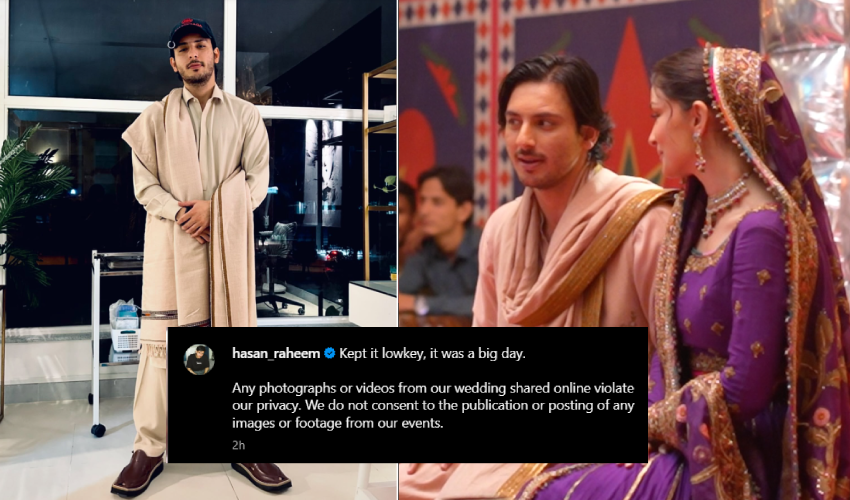In a recent report released by the Law and Justice Commission of Pakistan, startling statistics shed light on the representation of women in the country's judiciary.
The reporter stated that among the 3,142 individuals serving as judges or law officers nationwide, a mere 18% are women, as revealed by the Commission's findings. This figure, although reflective of progress, falls short of adequately representing the diverse fabric of Pakistani society.
Delving deeper into the hierarchical echelons of the judiciary, the report underscores a glaring disparity in higher courts. Out of 126 judges presiding over esteemed institutions such as the Supreme Court, the Federal Sharia Court, and the five High Courts, only 7 are women.
This stark representation, constituting a mere 5 and a half percent, underscores the uphill battle towards gender equity at the uppermost levels of legal adjudication.
However, a glimmer of hope emerges within the district courts, where a slightly more encouraging scenario unfolds. Of the 3,016 judicial officers serving across the nation's district courts, women constitute 19% of the total count.
While this figure hints at progress, it remains evident that further strides are necessary to achieve substantive gender parity within this segment of the judiciary.
Beyond the bench, the legal profession itself reflects a similar pattern of gender imbalance. Among the 230,879 lawyers registered in bar councils nationwide, a meager 17% are women. Similarly, within the cadre of prosecution officers numbering 2,210, women account for a modest 15%.
In response to these sobering statistics, voices across the legal landscape have rallied for proactive measures aimed at fostering greater inclusivity. Calls for targeted interventions, such as mentorship programs, affirmative action initiatives, and policy reforms, echo throughout legal corridors.
Indeed, the Commission's report serves as a clarion call for stakeholders at all levels to champion the cause of gender equality within the judiciary. As Pakistan marches towards a future anchored in principles of justice and equity, the imperative to harness the full potential of women within the legal domain stands as an indomitable mandate.
In the words of Chief Justice, the Honorable Nasira Iqbal, "Our judiciary must reflect the diversity of our society, ensuring that the voices and perspectives of women are not only heard but actively embraced in the pursuit of justice for all."
Only through concerted action can the vision of a truly inclusive judiciary be realized, heralding a brighter, more equitable future for generations to come.



























